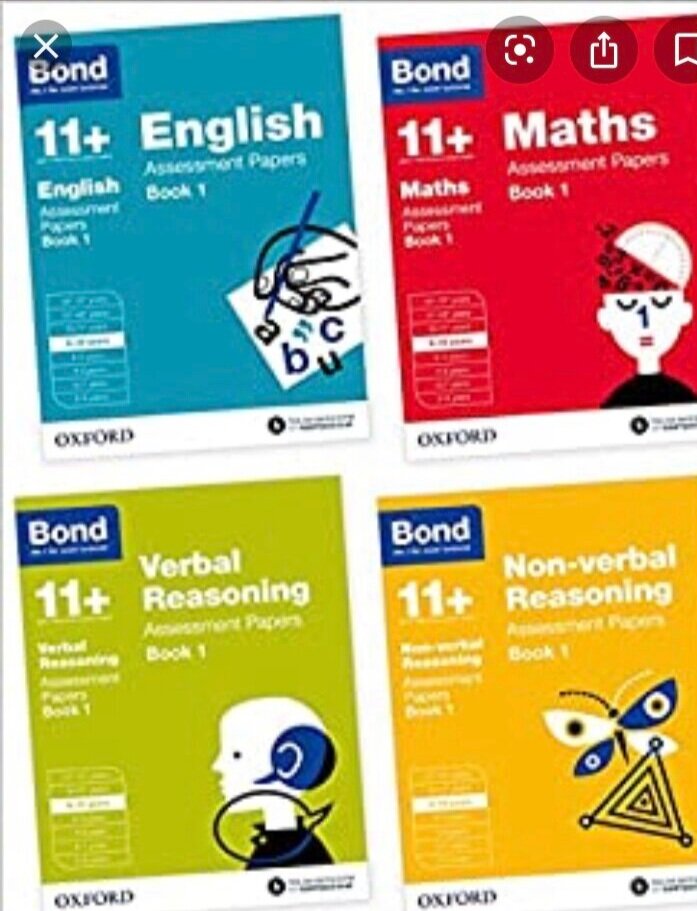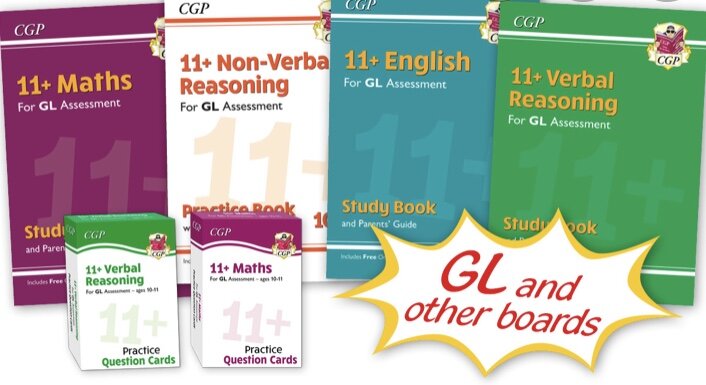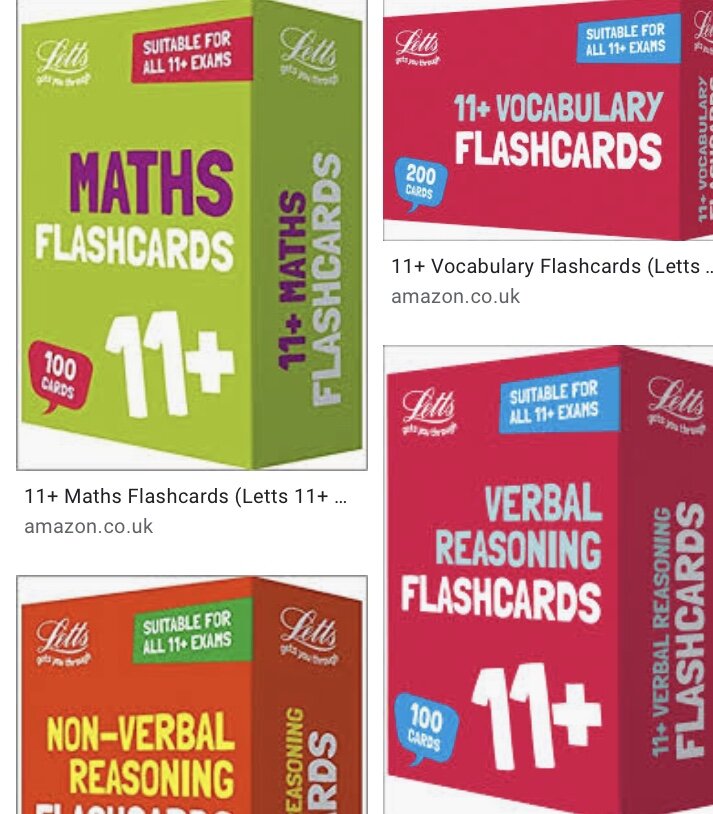This is a really common question and a topic that divides a lot of parents.
To be frank, there are pros and cons to either form of tuition and the option that’s best really depends on your individual child’s needs and how they learn.
Here’s a breakdown of some of the differences, advantages and disadvantages of each approach.
1:1 Tuition - The Pros
Your child gets individual attention and detailed feedback.
This has to be the greatest benefit of 1:1 lessons. However, it’s important to consider that not all tutors give feedback on a child’s performance and quite a few won’t provide feedback at the end of each lesson.
When considering 1:1 lessons, make sure you ask the prospective tutor about how much feedback is given and how frequent it will be.
Your child studies at their own pace.
A good tutor will always ensure that your child is learning at a pace that suits their academic needs. This is really important.
Ultimately, you don’t want to spend hundreds or even thousands on lessons that are either too fast paced or too slow.
Building a Home
With 1:1 lessons you have the benefit of knowing that your child’s lessons are building up gradually with the purpose of giving them a strong foundation in their key subjects.
Each lesson is a brick that lays the foundation for a beautiful home.
No Interference
Another benefit of 1:1 lessons is that your child won’t be distracted or interrupted by other students. This is particularly important for children who get distracted easily and don’t cope well around their peers.
If your child studies best on their own then 1:1 might be the best choice for them.
Cons
Whilst 1:1 lessons can be great, they do have their disadvantages.
Cost
If you’re on a budget then 1:1 lessons might not be the best choice as they are by far the most expensive form of tuition.
Academic Performance
Another disadvantage is that 1:1 lessons aren’t always better in terms of improving your child’s academic ability or performance.
For instance, 1:1 lessons inhibit the opportunity for children to learn from each other or to get tips from their peers on how to study a particular topic in an easy way.
Children often learn from their peers and 1:1 lessons take away the opportunity for your child to learn from someone their own age.
The Fun Factor
The final disadvantage of 1:1 lessons is that they aren’t always as fun as group classes.
During group lessons children bounce ideas off of each other, think creatively and have fun. The fact that 1:1 lessons don’t involve other children means that the adventure and exhilaration of learning with others is taken away.
As you can see, the choice of picking 1:1 or group lessons isn’t an easy or straightforward one. You have to weigh up the pros and cons and look at them in relation to how your child learns.
The Hybrid Solution
Personally, I believe that a combination of both tuition types tends to work best for most children. For instance, having some 1:1 lessons followed by an intensive group course provides children with the best of both worlds.







